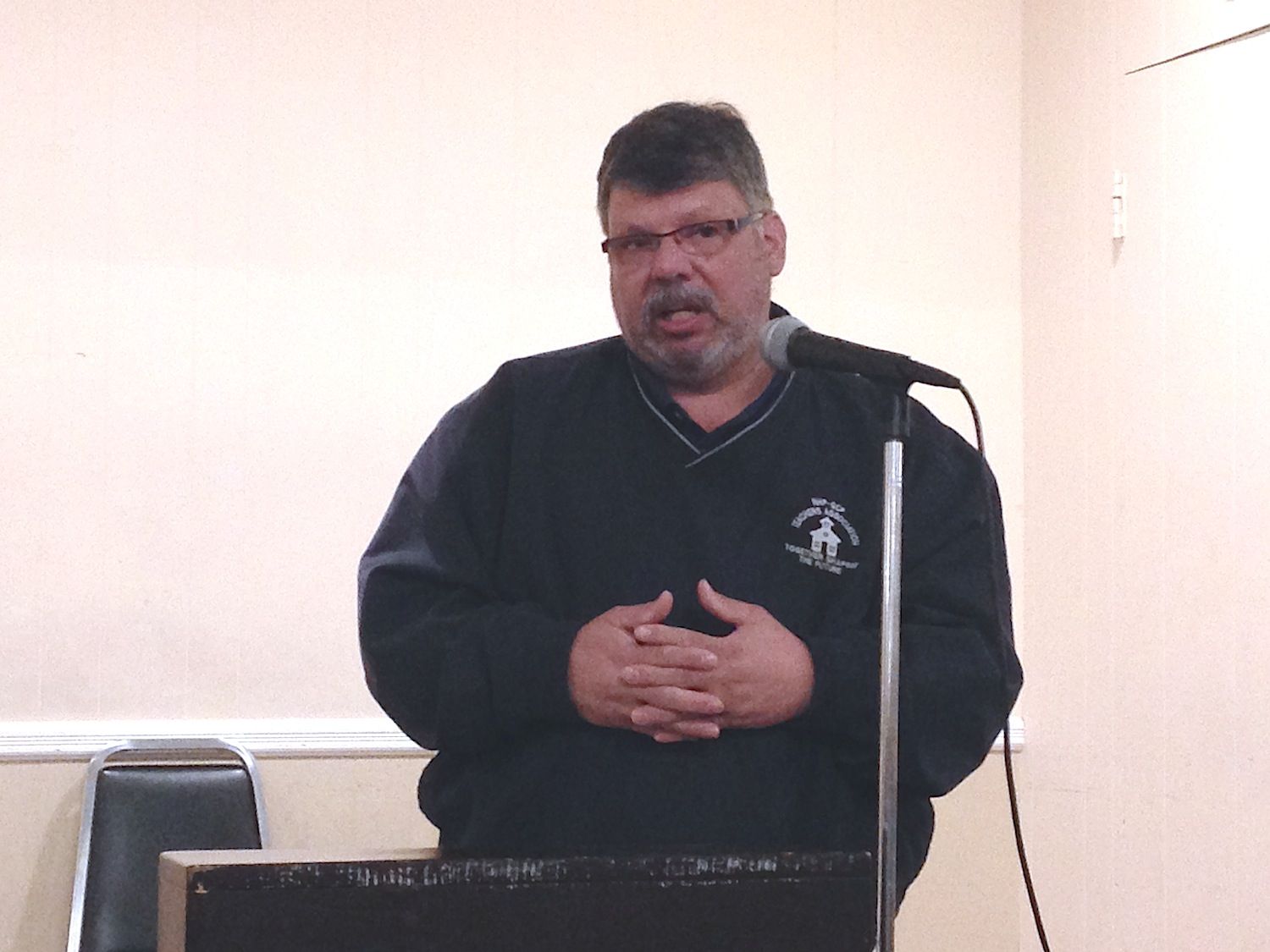Opponents of the Common Core education standards said at an event Monday that they are optimistic their movement will continue to grow, despite resistance in some districts.
Panelists at the “forum” in New Hyde Park said they expect the number of students across the state refusing to take tests tied to the standards will grow to 500,000 this school year.
“That’s your way of speaking that you’re not happy, that you’re not falling for things that sound good on paper but aren’t making a difference,” state Assemblyman Edward Ra (R-Franklin Square) told the crowd of about 100.
The event was one of several local leaders of the “opt-out movement” are hosting on Long Island this month to raise awareness about test refusal, said Jill McNeely, a parent and anti-Common Core organizer in the New Hyde Park-Garden City Park district.
Ralph Ratto, a fifth-grade teacher head of the teachers’ union there, joined Ra on the panel, along with three Suffolk County superintendents who have encouraged their districts to resist the tests.
Ra, the ranking minority member of the Assembly’s education committee, said this year’s more than 200,000 statewide test refusals have impacted the state’s movements around implementing the standards.
For example, he said, Gov. Andrew Cuomo has recently called for a three-year hold on tying teacher evaluations to the Common Core tests, which advocates criticize for being too strenuous for students and too restrictive for teachers.
“That tells you the power of people getting informed and the governor and the entire state Legislature feeling like something has to be done,” he said.
Ra and other advocates said they hope the state will ultimately roll back Common Core and replace it with a state-specific set of standards developed with input from teachers.
More students opted out of both the math and English tests in several North Shore districts this year.
The Roslyn and New Hyde Park-Garden City Park districts led the way, with 32.5 and 28.8 percent of students refusing the math test, respectively.
In Mineola, the number grew from seven students refusing tests in 2014 before to 220 sitting out this year, said Stacy Leckler, an opt-out leader in that district.
But Common Core opponents in other districts, such as Floral Park-Bellerose, said they have struggled to drum up support among parents.
Ratto, the New Hyde Park-Garden City Park teachers’ union leader, said more teachers with first-hand experience of the standards should speak up in the districts where they live.
“We have to not be afraid to stand up for what we believe in,” he said.
Common Core’s supporters say the standards will prepare students better for college and careers by creating a rigorous, integrated curriculum that connects lessons in lower grades to more complex classes in higher grades.
Opponents agree that setting higher standards and preparing students for the real world are the right ends, but they disagree on the means to reach them.
Shoreham-Wading River school Superintendent Steve Cohen said Common Core advocates present the standards as the only path to education reform.
But they have actually caused “uber-standardization” in public education, said Michael Hynes, superintendent of the Patchogue-Medford school district.
“How do you balance standardization versus putting creativity back into the classroom?” Hynes said at the forum.
David Gamberg, superintendent for the Southold and Greenport school districts, showed examples from schools there of students doing hands-on projects that he said create “authentic engagement.” These kinds of lessons pose alternatives to the Common Core curriculum, he said.
The idea moved McNeely to tears.
“That’s the education I want for my child,” she said. “That’s why I fight, and I am grateful that you reminded me that there is possibly, possibly hope that we can get there.”



